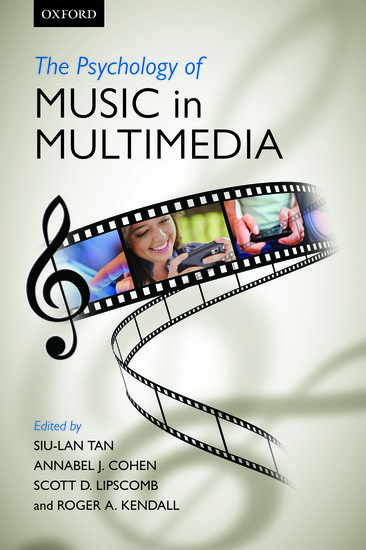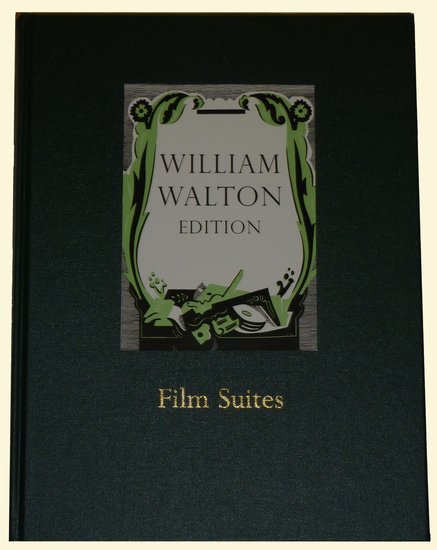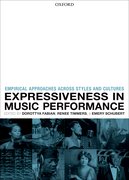10 facts about the saxophone and its players
The saxophone has long been a star instrument in jazz, big bands, and solo performances. But when exactly did this grand instrument come about? Who invented it? Not many people know that when the saxophone first appeared in jazz, many performers turned up their noses to it, preferring the clarinet.









